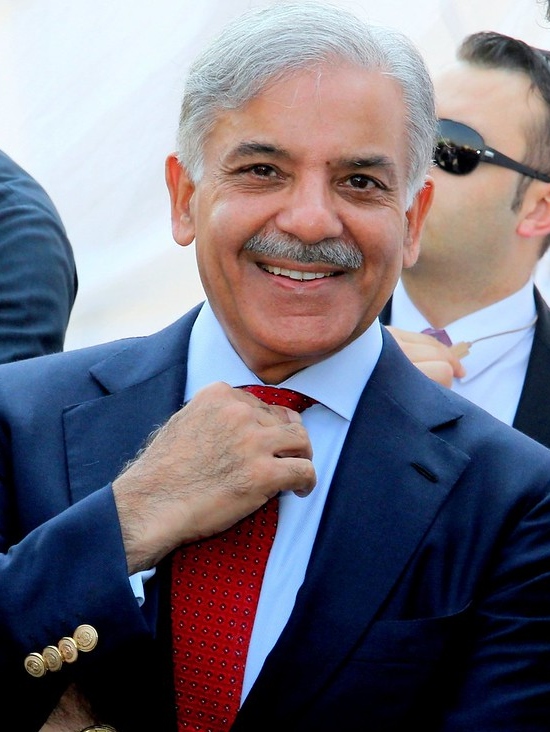The new Pakistani government should embrace an agenda that actively promotes and protects human rights, advances the rule of law, and strengthens democratic institutions, Human Rights Watch (HRW) emphasized.
“Pakistani Prime Minister Sharif’s new government faces many challenges that need to be addressed by upholding human rights,” said Patricia Gossman, HRW associate Asia director.
She noted that the government should commence that process by reversing abusive laws and policies, demonstrating a genuine commitment to the rule of law, and ensuring equal justice for all.
Sharif, 72, secured his position as the prime minister of the South Asian country earlier this month for the second time following the uncertain February elections.
Pakistan is grappling with an acute economic crisis amid slow growth and record-high inflation. Therefore, HRW also demanded that social security services uphold the rights of Pakistanis to food, social security, healthcare, and an appropriate standard of living.
HRW also urged the Pakistani government to take concrete steps to protect fundamental civil, political, economic, social, and cultural rights in nine key areas, including economic justice, electoral reforms, digital rights, freedom of expression, protection of civil society, freedom of religion and belief, prison reform, ending violence against women and girls, improving access to education, and protecting rights in counterterrorism operations.
“Baloch [marginalized Sunni Muslims] activists who continue to suffer from enforced disappearances in Pakistan without any cases filed against them. Anti Ahmadiyya [Pakistan’s Ahmadi Muslim minority] sentiment has also increased in Punjab, where people of this sect and their places of worship are being targeted,” Osama Malik, a senior human rights lawyer told OCCRP.
He further emphasized that the composition of the newly appointed federal cabinet signals a consolidation of military influence within the civilian security framework, potentially wielding it as a tool against political adversaries.
“Overall, the U.S. State Department’s report on Pakistan does not present a very rosy picture on human rights, and considering the country’s financial situation it is unlikely that the new government will focus on anything other than the economy, and human rights are likely to take a backseat,” Malik concluded.

